7 Habits of People With Excellent Credit Scores
Want to improve your credit score?

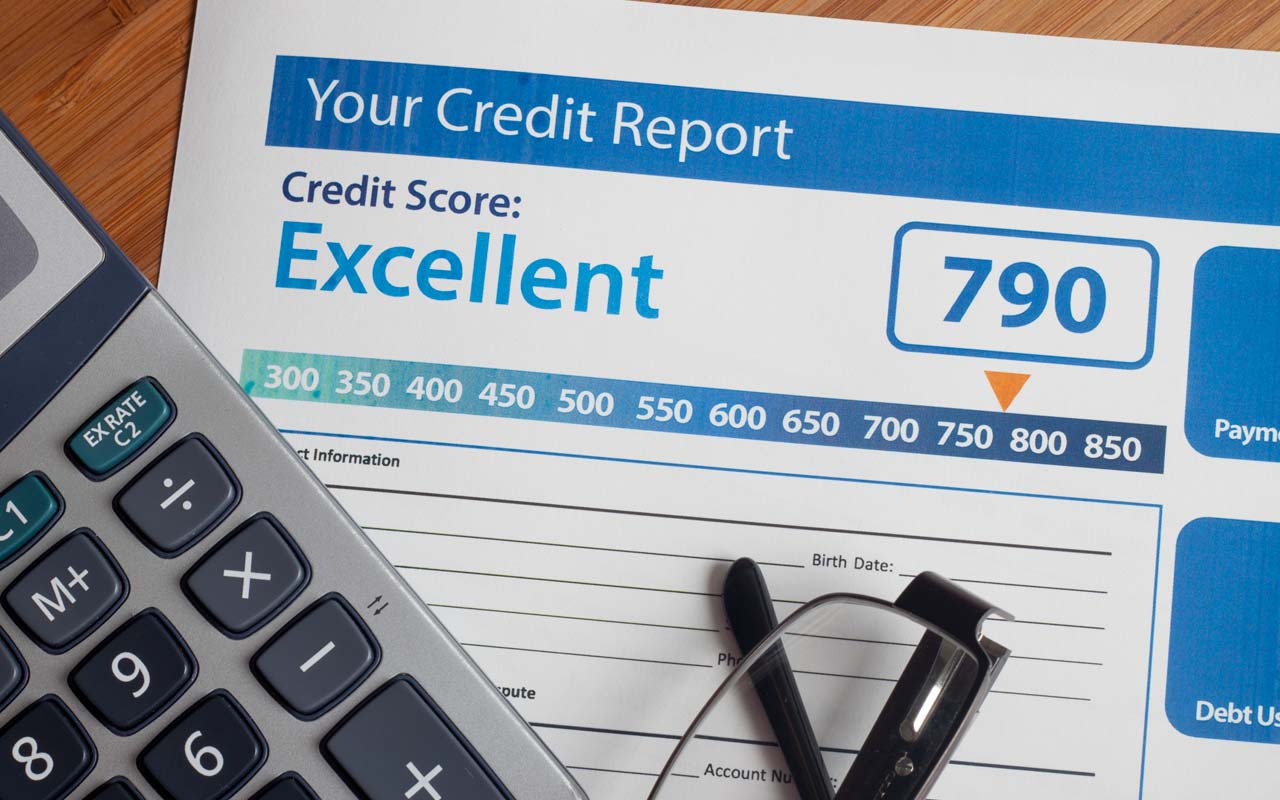
Profit and prosper with the best of Kiplinger's advice on investing, taxes, retirement, personal finance and much more. Delivered daily. Enter your email in the box and click Sign Me Up.
You are now subscribed
Your newsletter sign-up was successful
Want to add more newsletters?

Delivered daily
Kiplinger Today
Profit and prosper with the best of Kiplinger's advice on investing, taxes, retirement, personal finance and much more delivered daily. Smart money moves start here.

Sent five days a week
Kiplinger A Step Ahead
Get practical help to make better financial decisions in your everyday life, from spending to savings on top deals.

Delivered daily
Kiplinger Closing Bell
Get today's biggest financial and investing headlines delivered to your inbox every day the U.S. stock market is open.

Sent twice a week
Kiplinger Adviser Intel
Financial pros across the country share best practices and fresh tactics to preserve and grow your wealth.

Delivered weekly
Kiplinger Tax Tips
Trim your federal and state tax bills with practical tax-planning and tax-cutting strategies.

Sent twice a week
Kiplinger Retirement Tips
Your twice-a-week guide to planning and enjoying a financially secure and richly rewarding retirement

Sent bimonthly.
Kiplinger Adviser Angle
Insights for advisers, wealth managers and other financial professionals.

Sent twice a week
Kiplinger Investing Weekly
Your twice-a-week roundup of promising stocks, funds, companies and industries you should consider, ones you should avoid, and why.

Sent weekly for six weeks
Kiplinger Invest for Retirement
Your step-by-step six-part series on how to invest for retirement, from devising a successful strategy to exactly which investments to choose.
Want to improve your credit score? Take a page from the best. People with excellent scores know that following a few basic rules is the key to success. Adopting their habits could boost your score into the stratosphere, opening the door to the best interest rates and terms on loans. And capturing the lowest loan rates can save you a bundle of money in the long run.
The two big consumer credit scoring companies are FICO, whose scores are most commonly used in lending decisions, and VantageScore, a company created by the three major credit bureaus (Equifax, Experian and TransUnion) whose scores have been gaining ground among lenders. The latest models of both scores operate on a scale of 300 to 850. Generally, a score of 750 or higher is considered excellent.
Once you know your score, you can start taking steps to raise it by following these seven habits of people with excellent credit scores.

They Pay Bills on Time
- The most influential factor in your credit score is your payment history, so staying on top of bills is crucial. Just one late payment (overdue by 30 days or more) can damage your score. FICO recently reviewed the profiles of consumers it calls high achievers (those with scores higher than 795) and found that 96% of them had no late payments on their credit reports.
To ensure that you pay bills on time, consider signing up for automatic payments from your bank account or credit card. Or set up reminders of upcoming due dates on your smartphone (or mark your paper calendar), suggests Heather Battison, vice president of TransUnion. Budgeting site Mint.com can also alert you when bills are coming due for accounts you link to its tool.
TAKE OUR QUIZ: Will It Sink Your Credit Score?
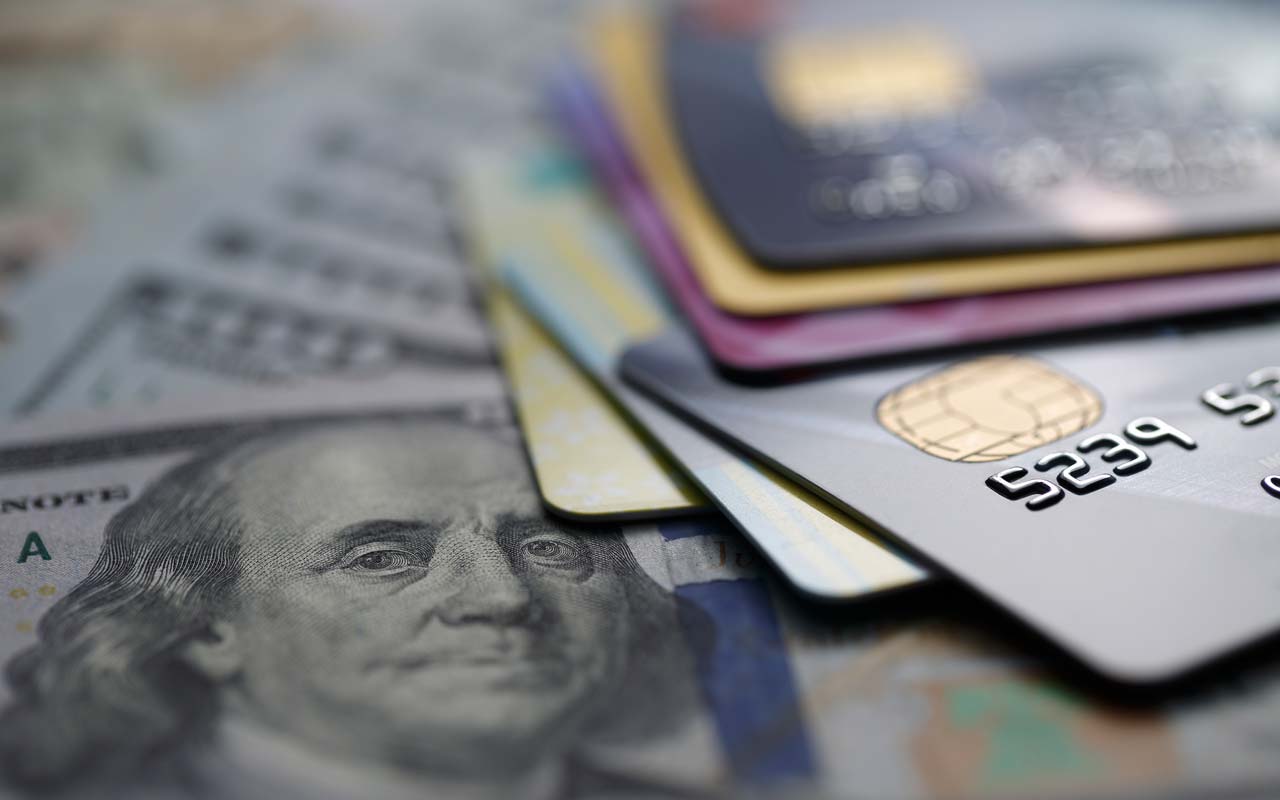
They Watch Their "Utilization Ratio"
The amount you owe on your credit cards as a proportion of your card limits—known as your credit utilization ratio—is another important score component. FICO high achievers with scores higher than 795 use an average 7% of the credit available to them. There are no hard-and-fast rules to pinpoint the optimum ratio, says Can Arkali, principal scientist at FICO. But in general, the lower your utilization, the better. As a guideline, experts often recommend using no more than 30% of the credit available to you to show lenders that you can manage credit responsibly. But if raising your credit score is a priority, keep utilization under 10% on each credit card you have, says Beverly Harzog, consumer credit expert and author of The Debt Escape Plan.
- Paying down your credit card balances multiple times per month can help keep your utilization down, says Jeanine Skowronski, managing editor at Credit.com. Your card issuer may allow you to set up e-mail or text message notifications when your balance reaches a level that you specify. Another tactic: Ask your card issuer to raise your credit limit. If you've been using the card for several months and paying your bills on time, the issuer may grant your request. But be sure that you have the discipline not to increase your spending, too, cautions Harzog.
Even if you stop using a credit card, it's often smart to keep it open so your score benefits from the available credit. However, if the card tempts you to overspend or carries an annual fee, closing it may be better.
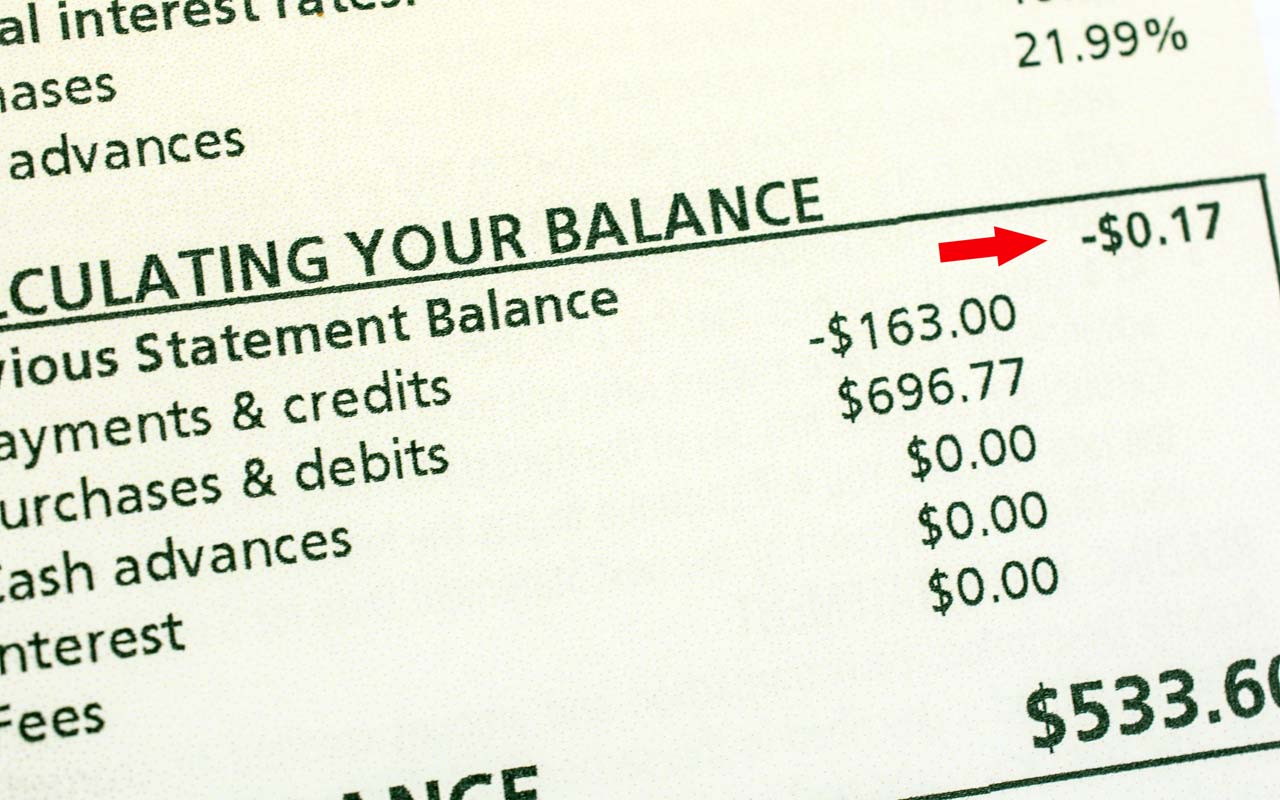
Keep Balances Low
People with FICO scores higher than 795 owe less than $4,000 on their credit cards, compared with average balances higher than $6,000 for those with scores lower than 635.
The takeaway? Maintain firm control over your spending, charging only what you can afford to pay in full each month on your credit cards. That way, you'll also avoid incurring interest, which can quickly pile up.

Give It Time
Having several years of credit usage under your belt also elevates your score. The average age of revolving credit accounts among FICO high achievers is about 12 years, and the average high achiever's oldest account was opened 27 years ago. That may give older folks a leg up, but "it's important to note that you can still have a good score even if you're not a longtime user of credit," says Skowronski. Length of credit history accounts for 15% of your FICO score, compared with 35% for payment history and 30% for amounts owed (including credit utilization). If you are just starting to establish a credit history, set yourself up for success by using a credit card to make small, manageable purchases, such as gas and groceries, says Battison. She also suggests that renters ask their landlords to report rent payments to the credit bureaus to help start a credit history.
Opening new credit accounts may shorten the average age of your credit history, but closing accounts won't affect account age right away. Accounts that were closed in good standing may remain on your credit report for up to 10 years. Still, it's not a bad idea to keep your oldest credit cards open to help maintain your credit history.
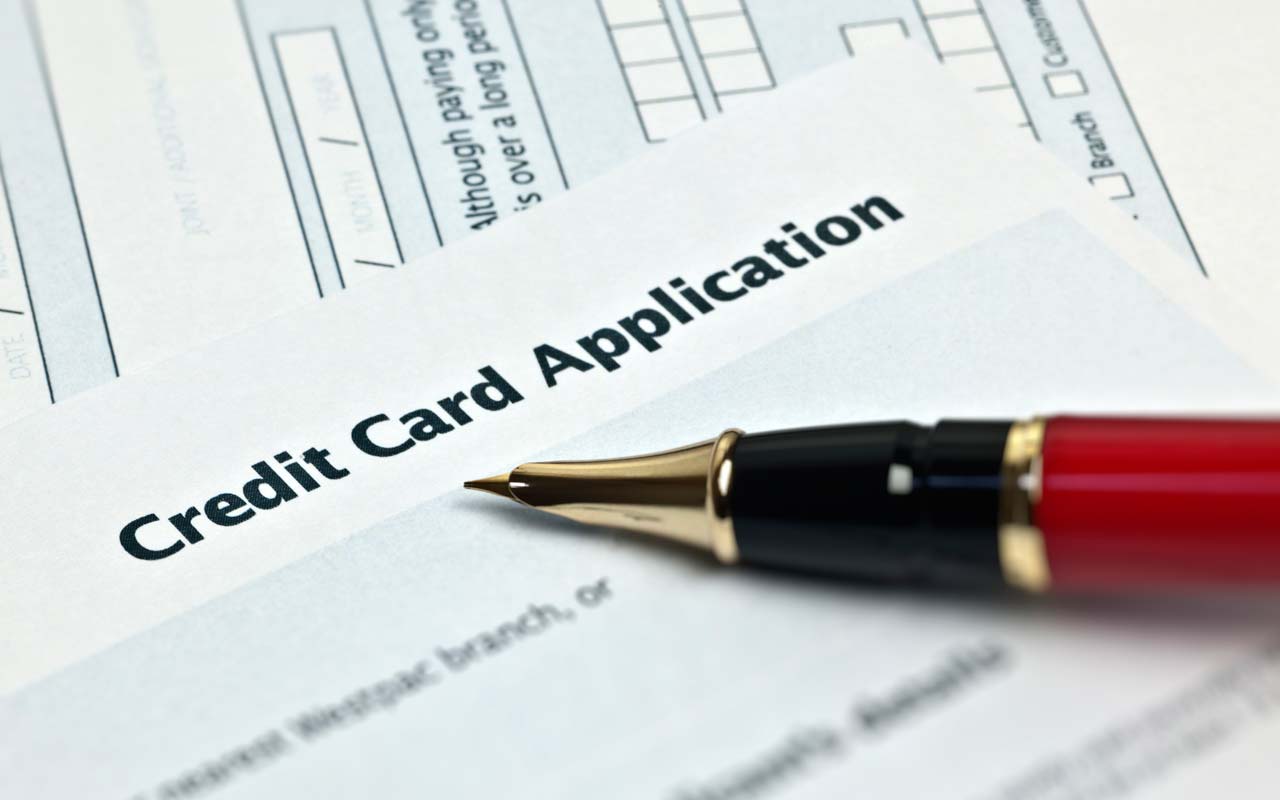
Apply for Credit Sparingly
Applying for several credit cards in a short period sends a signal that you may be a risky credit prospect. Each time a potential lender checks your credit, the action shows up on your report as an "inquiry" -- and the appearance of several inquiries at once can ding your credit score. (If you're shopping for a mortgage, auto loan or student loan, however, FICO ignores all inquiries that such lenders have made within the past 30 days. VantageScore counts auto loan and mortgage inquiries made within two weeks of one another as a single inquiry.)
Having a mix of account types helps increase your score. If you do open new credit cards regularly, Harzog recommends waiting at least six months between applications.
TAKE OUR QUIZ: The Truth About Credit and Debt
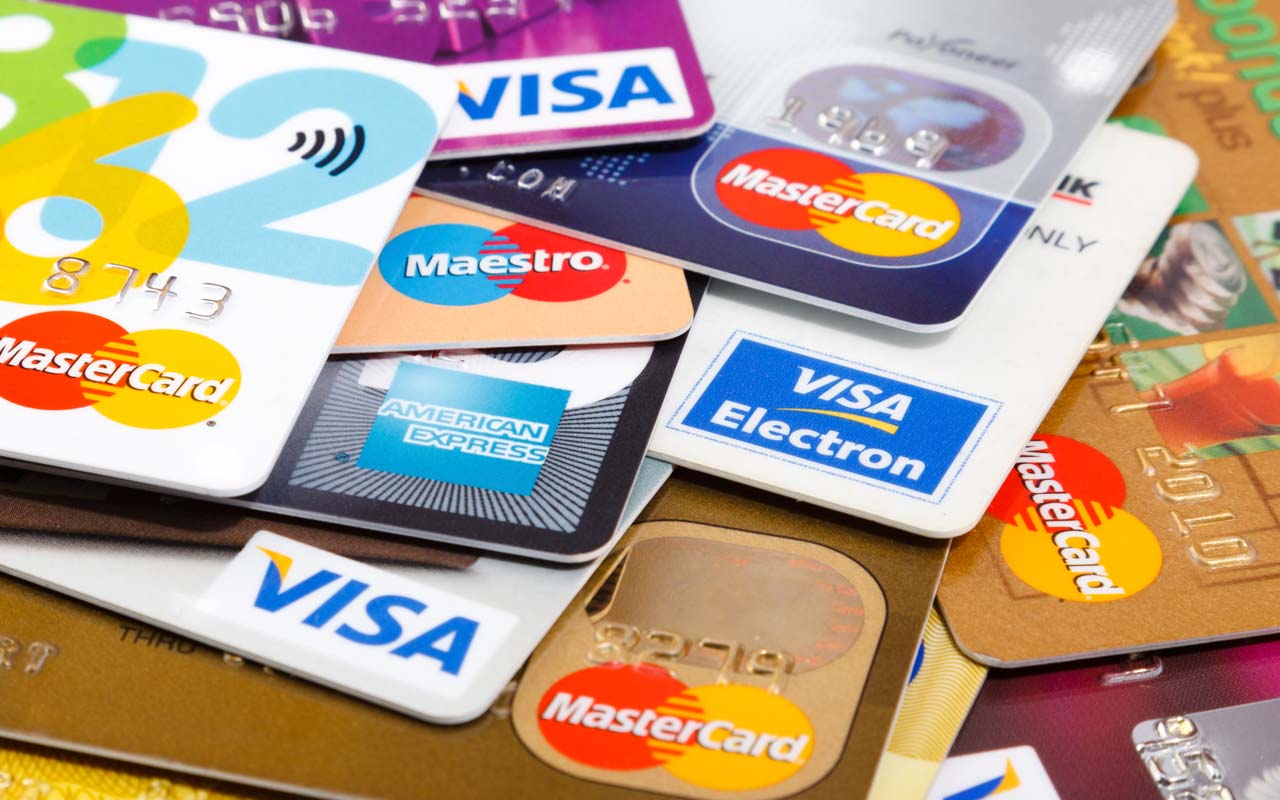
Choose the Right Credit Cards
- Look for cards that reward your spending patterns. If you buy a lot of gas, for example, a card that pays 5% cash back on fuel purchases will serve you well. Cash-back cards often let you use the rewards you've accumulated as a statement credit toward purchases, lowering your bill. A card that carries an annual fee may be worthwhile, but first do the math to decide whether the rewards you earn will outweigh the fee. Some cards waive the annual fee for the first year, giving you time to determine whether the card works for you.
If you are just getting started with credit (or bouncing back from a bankruptcy or other serious delinquency), a secured card, which requires you to make a deposit as collateral, can help you build a credit history and score. Retailers may offer you enticing discounts if you sign up for their store credit cards, and retail cards are often easier to obtain than other cards. But keep in mind that both cards often come with low credit limits—meaning that your credit utilization could easily push past the recommended 30% mark when you use the card to make purchases.
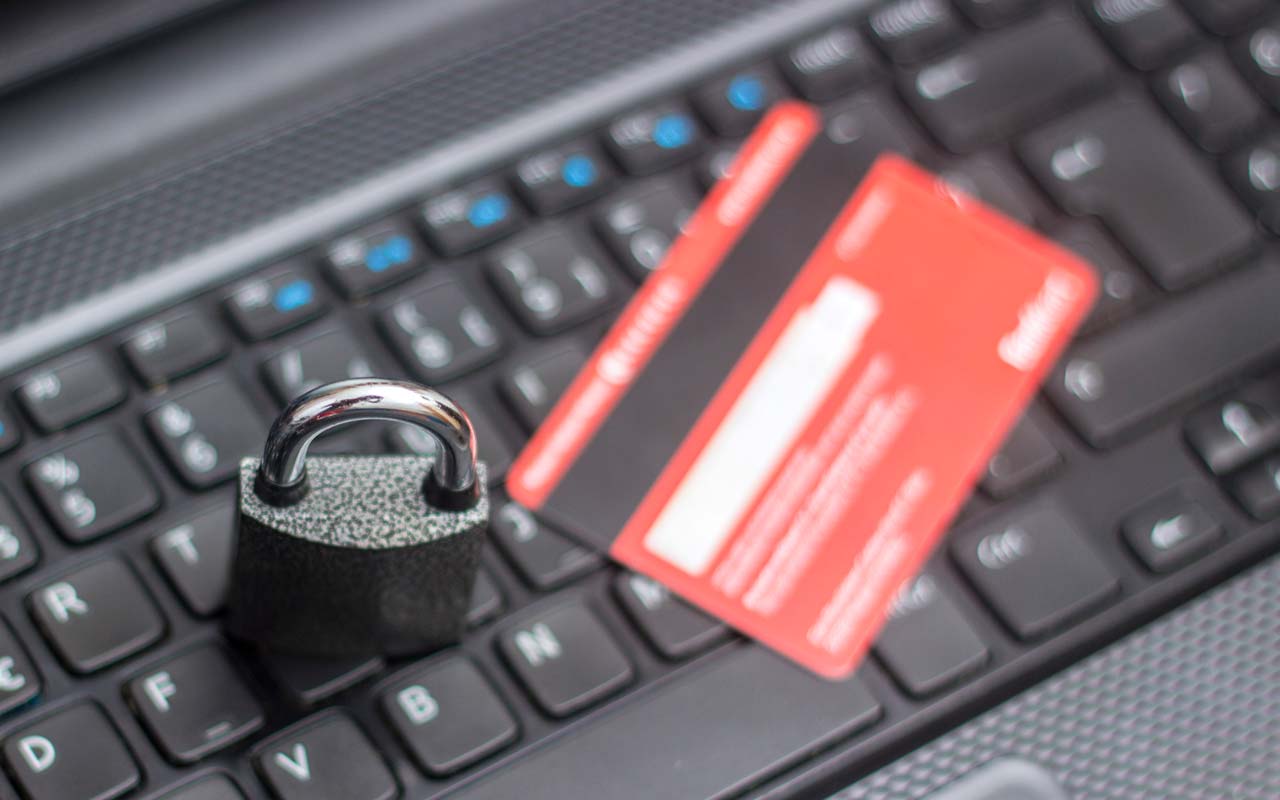
Monitor Your Scores and Credit Reports
- By keeping an eye on your credit report and score, you will be aware of any negative changes that pop up and can act quickly to correct them. According to a survey from credit card issuer Discover, 76% of those who had checked their credit score at least seven times in the past year saw their score improve, compared with 38% of those who had checked their score once in the previous year.
At AnnualCreditReport.com, you're entitled to a free yearly credit report from each of the three major credit agencies: Equifax, Experian and TransUnion. Scan each report, looking for possible errors or signs of fraudulent activity, such as an incorrect credit limit on a card or an account that you never opened. (If you spot a problem, you can take steps to dispute and correct it. If you suspect fraud, you should also take measures, such as enacting a fraud alert.)
A host of other websites also offer free credit scores to help you gauge where you stand. One of our favorites: CreditKarma.com, where you can view information from both your Equifax and TransUnion credit reports as well as your VantageScore from each bureau. Credit Karma also lets you sign up for alerts of changes in your TransUnion credit report. Discover Credit Scorecard offers a free FICO score (based on data from your Experian credit report) to everyone, not just Discover card customers. Your bank or credit card issuer may provide customers with free credit score updates, too.
TAKE OUR QUIZ: How to Get Out of Debt
Profit and prosper with the best of Kiplinger's advice on investing, taxes, retirement, personal finance and much more. Delivered daily. Enter your email in the box and click Sign Me Up.

Lisa has been the editor of Kiplinger Personal Finance since June 2023. Previously, she spent more than a decade reporting and writing for the magazine on a variety of topics, including credit, banking and retirement. She has shared her expertise as a guest on the Today Show, CNN, Fox, NPR, Cheddar and many other media outlets around the nation. Lisa graduated from Ball State University and received the school’s “Graduate of the Last Decade” award in 2014. A military spouse, she has moved around the U.S. and currently lives in the Philadelphia area with her husband and two sons.
-
 5 Vince Lombardi Quotes Retirees Should Live By
5 Vince Lombardi Quotes Retirees Should Live ByThe iconic football coach's philosophy can help retirees win at the game of life.
-
 The $200,000 Olympic 'Pension' is a Retirement Game-Changer for Team USA
The $200,000 Olympic 'Pension' is a Retirement Game-Changer for Team USAThe donation by financier Ross Stevens is meant to be a "retirement program" for Team USA Olympic and Paralympic athletes.
-
 10 Cheapest Places to Live in Colorado
10 Cheapest Places to Live in ColoradoProperty Tax Looking for a cozy cabin near the slopes? These Colorado counties combine reasonable house prices with the state's lowest property tax bills.
-
 What to Do With Your Tax Refund: 6 Ways to Bring Growth
What to Do With Your Tax Refund: 6 Ways to Bring GrowthUse your 2024 tax refund to boost short-term or long-term financial goals by putting it in one of these six places.
-
 What Does Medicare Not Cover? Eight Things You Should Know
What Does Medicare Not Cover? Eight Things You Should KnowMedicare Part A and Part B leave gaps in your healthcare coverage. But Medicare Advantage has problems, too.
-
 15 Reasons You'll Regret an RV in Retirement
15 Reasons You'll Regret an RV in RetirementMaking Your Money Last Here's why you might regret an RV in retirement. RV-savvy retirees talk about the downsides of spending retirement in a motorhome, travel trailer, fifth wheel, or other recreational vehicle.
-
 The Six Best Places to Retire in New England
The Six Best Places to Retire in New Englandplaces to live Thinking about a move to New England for retirement? Here are the best places to land for quality of life, affordability and other criteria.
-
 The 10 Cheapest Countries to Visit
The 10 Cheapest Countries to VisitWe find the 10 cheapest countries to visit around the world. Forget inflation and set your sights on your next vacation.
-
 TransUnion Fined $23M For Tenant Screening, Credit Freezes
TransUnion Fined $23M For Tenant Screening, Credit FreezesGovernment charges TransUnion over illegal rental background checks and security freezes on consumer credit reports.
-
 15 Ways to Prepare Your Home for Winter
15 Ways to Prepare Your Home for Winterhome There are many ways to prepare your home for winter, which will help keep you safe and warm and save on housing and utility costs.
-
 Six Steps to Get Lower Car Insurance Rates
Six Steps to Get Lower Car Insurance Ratesinsurance Shopping around for auto insurance may not be your idea of fun, but comparing prices for a new policy every few years — or even more often — can pay off big.
